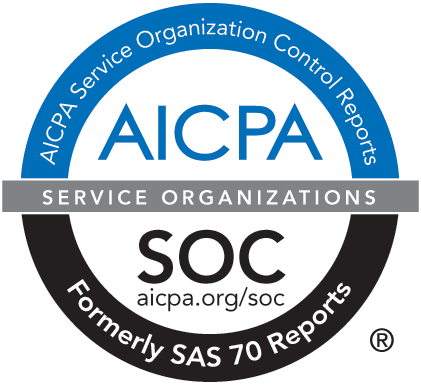
6 Tips That Make Your Writing Stronger
Share:
Writing can be a fickle task. For all the stipulations, rules and wisdom that we pick up in grammar school, sometimes the situation calls for everything to be thrown out the window in the name of style and flair. Other times, we want our writing to be as clean and concise as possible, following the letter of the law.
Whether you're writing for SEO, landing page copy, content marketing or just looking to tighten up your emails, it's helpful to follow a few basic guidelines. While voice and approach change from project to project, there are a few items that are consistently important no matter the assignment. Retain these six tips and your writing will tighten up overnight:
- Know your audience: This is the tip that we probably hear most often, yet many writers still do not abide. A small change in audience can completely alter the message — the content, the approach, the voice … everything. Before writing anything, consider your audience. Who are they? What are their values? What are their goals and motivations?
- Know your purpose: Start with your general purpose. Do you aspire to persuade, inform or entertain? Perhaps something else? Now, move toward your specific purpose. What is the real goal of this piece? Maybe you hope to inform members of a new product or service service, or persuade them to attend an event. Put yourself in the audience’s shoes and consider what it would take to get you to act.
- Know your content: We’ve all been there at some point, you’re tasked with a writing assignment and don’t know where to begin. There’s no getting around it, researching a subject often consumes more time than the actual composition. Don’t know what you’re writing about? Then step one probably isn’t writing — it’s reading and researching.
- Use an active voice: The active voice generates stronger statements than the passive voice. In the active voice, the subject is doing something. In the passive voice, the subject is having something done to it. For example, the active statement: “Our credit union hosted the fund raiser,” is much stronger than the passive statement: “The fund raiser was hosted by our credit union.”
- Use a positive form: Just like an active voice generates stronger statements than a passive voice, a positive sentence formation generates stronger statements than a negative one. Rather than suggesting what something isn’t, tell your reader what it is. For example, rather than, “the loan officers were not completely ready for the audit,” use, “the loan officers were unprepared for the audit.”
- Reduce unnecessary words: Active and positive statements are good steps toward tightening and strengthening your writing. Reducing unnecessary words, especially prepositional phrases, is another step. Consider that, “We need a mobile banking app,” relates the same concept as, “the best case scenario at this time would be to institute a mobile banking app,” only using less words.
These tips all assume the writer has a good foundational understanding of grammar, comma usage, spelling and the like. Start with these basic building blocks and build upon your strengths. Know your project, develop a plan, keep these few simple tips in mind and keep moving in the right direction!
« Return to "Communications & Content Creation"
